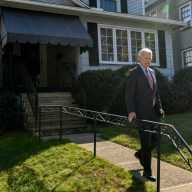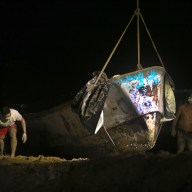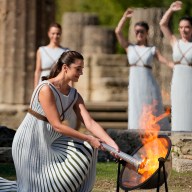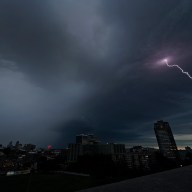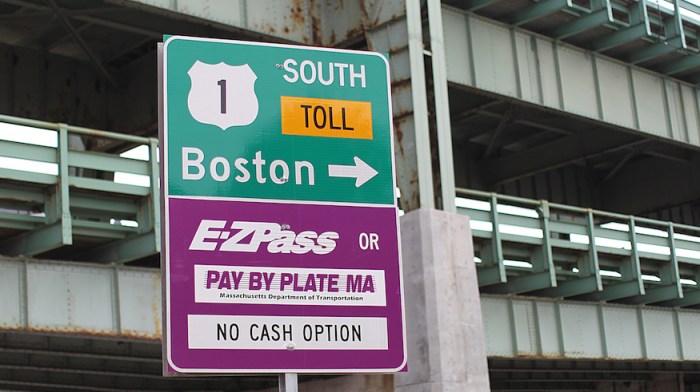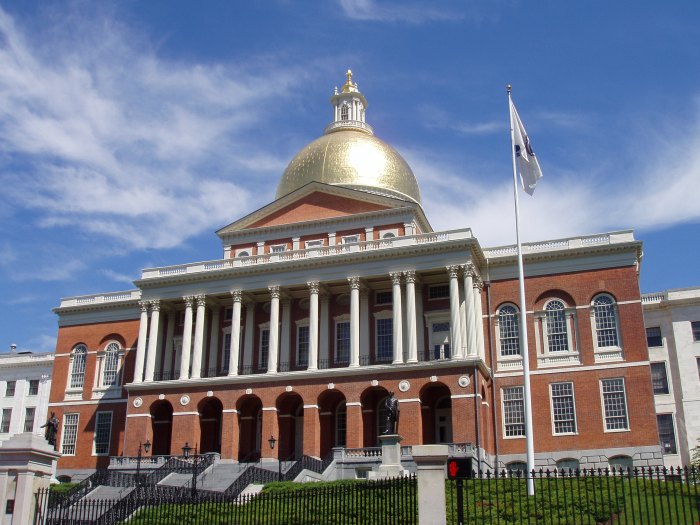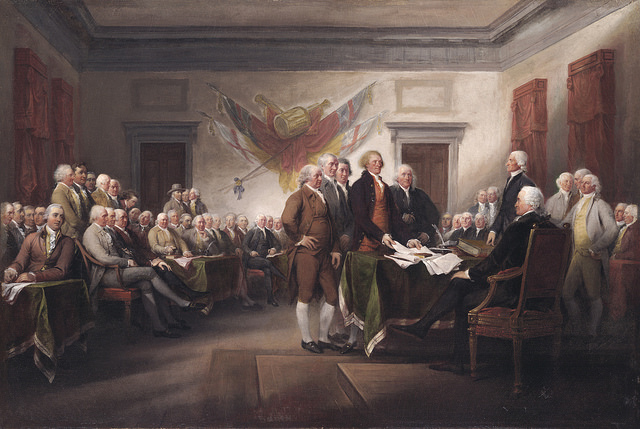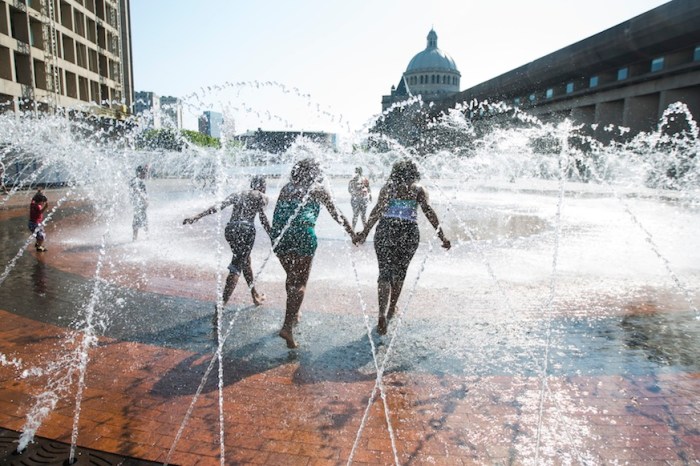Many New Englanders celebrate every March when the clocks jump ahead one hour for daylight savings.
Not only does it mean leaving work before the sun sets, but there’s an emotional lift that comes from knowing the darkest days of winter are behind.
But what if permanently adopting daylight saving time (no more falling back or springing ahead) could reduce crime, lower electricity costs and give retailers a competitive boost against their online peers? Some experts think that’s not too much to expect. The debate over whether that extra hour of daylight would be better used in the mornings or the evenings from November through March is occurring before a legislative commission that hopes to make recommendations this spring. The commission, which is chaired by Sen. Eileen Donoghue, is charged with studying how shifting permanently to Eastern Daylight Time — the time zone that Massachusetts observes between March and November — would affect the state’s local and regional economies, its education system, public health, transportation, energy consumption, commerce and trade. University of Virginia professor Jennifer Doleac and Cornell University professor Nicholas Sanders studied the impact of daylight on crime, specifically robberies, after the 2007 change that extended daylight saving time for one week in the fall and three weeks in the spring. Their study, titled “Under the Cover of Darkness: How Ambient Light Influences Criminal Activity,” found that adding an extra hour of daylight to the end of the day for three weeks in March reduced robberies by 7 percent overall, and by 27 percent during the evening hours when people are commuting home. Doleac told the commission by teleconference that the research showed a “big meaningful effect” on street crime in the evening hours without a corresponding increase in robberies in the morning. Because robberies are “crimes of opportunity” and most often occur when people are active on the streets, Doleac said the criminal behavior also doesn’t simply shift to later hours after sundown. The commission also heard from Retailers Association of Massachusetts President Jon Hurst, who surveyed his members on their preferences, and the Acadia Center’s Director of Clean Energy Peter Shattuck on how permanently adopting daylight saving time could modestly reduce electricity consumption and drive down demand for natural gas electricity during peak evening hours during the winter. Hurst said while 34 percent of responders to his survey said they would like to switch to daylight saving time yearround and 24 percent said they preferred Eastern Standard Time, there appeared to be a strong preference among retailers for picking one time zone and sticking with it. Another 23 percent told RAM they did not think Massachusetts should change time zones without other states joining the effort, and 19 percent said the Legislature should leave time alone.
“The vast majority supported doing something along these lines. They clearly believe being more consumer friendly is an important component,” Hurst said.
While many of the comments in the survey suggested extended daylight in the winter would make it more likely that people would shop after work and on weekends, Hurst said there are concerns.
Rep. Paul Frost, an Auburn Republican, brought up one of the complications for businesses that could result from Massachusetts switching its time zone. “For those that are on the border, would it not be confusing for their customers or their employees if Massachusetts stays in daylight savings time?” Frost asked. Hurst agreed there should be more research done.
Shattuck, who is also on the commission, presented Department of Energy research after the 2007 extension of daylight saving that showed a half percent decline in electricity use by extending daylight into the evening in November. Though he said it would not be a “silver bullet” for energy costs, Shattuck said the “appreciable” savings are felt more in the evenings than in the morning, and could help slightly lower the demand for gas-produced electricity in the winter during peak hours when most natural gas resources are going toward heating. Frost remained skeptical throughout the meeting, raising safety concerns about children going to school in the dark during the winter months.
Noting that the city of Boston called off school Wednesday out of an abundance of caution without knowing if the roads would be cleared in time after Tuesday’s snowstorm, Frost said the same principle applies for him when considering a time change. “I’d rather side on caution for the kids than take a chance and all of a sudden we’re experimenting and kids are getting hurt,” Frost said.
Donoghue, a Lowell Democrat, assured Frost that the commission planned to continue to study a variety of issues, including road safety, later school start times and the impact of taking Massachusetts out of rhythm with East Coast financial markets. Frost also asked that the commission not overlook other “cultural impacts” that could stem from Massachusetts unilaterally changing its time zone, including a later start time for nationally televised New England Patriots games. “We are the hub of the universe. We should throw our weight around and Sunday Night Football should start at 7:30,” commissioner Tom Emswiler said.
Daylight saving time means lower crime: Report
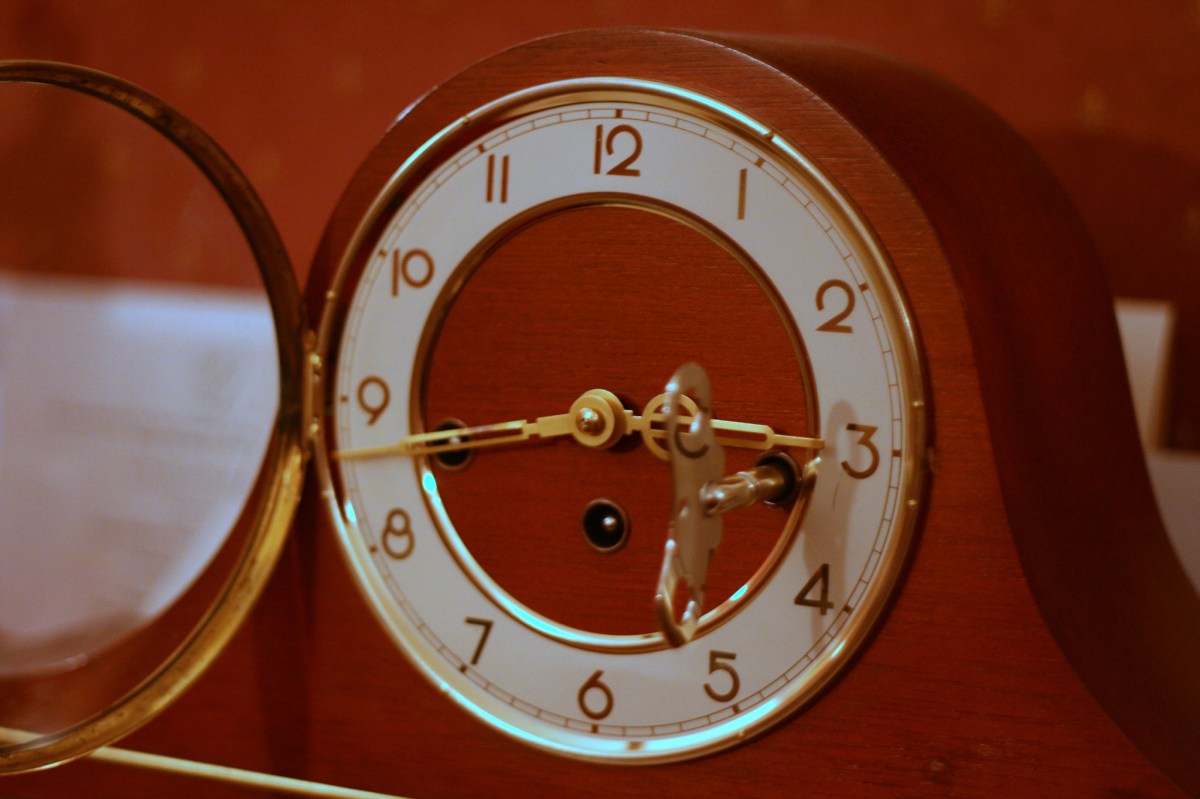
Flickr




